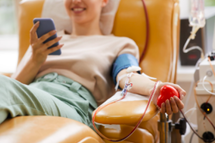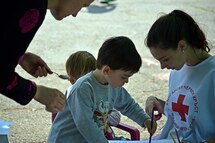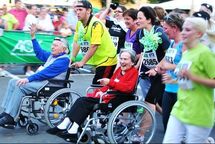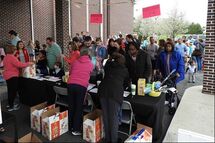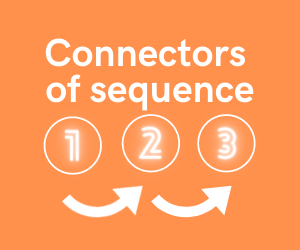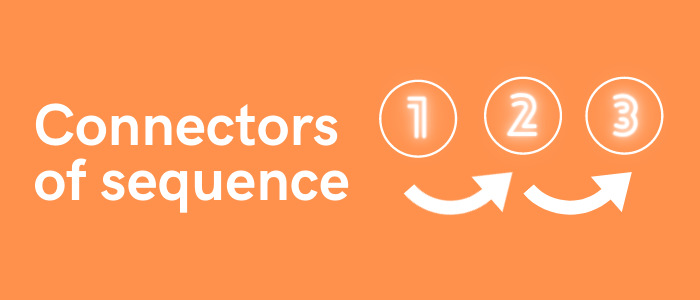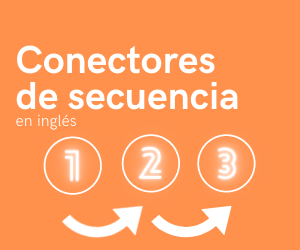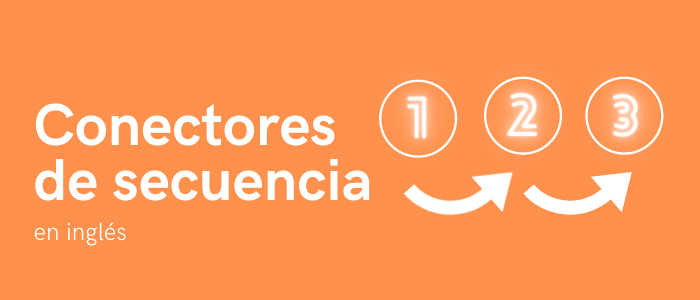- Children.
- Teenagers.
- Women.
- Men.
- Families.
- Senior citizens.
- People with disabilities.
- People in crisis.
- Animals.
- Endangered species.
- Abandonded pets.
- You can help your community.
- You can challenge yourself.
- You can learn positive qualities like patience and independence.
- You can show that you are able to change for the better.
- Your victim(s) and community will see that you are working to make things right.
- You can learn skills that will help you find a job.
- You can have fun and meet new people.
- You can help people who really need it and feel good about the work you’ve done.
- Participate in recycling programs.
- Clean up a local park.
- Raise money for Red Cross.
- Donate blood.
- Help elderly people.
- Organize wheelchair basketball game.
- Organize charity race.
- Plant trees.
- Paint park benches.
- Donate clothes.
- Donate food.
- Adopt abandonded pets.
- Save endangered species.
- School bulletin board.
- Community centers.
- Town hall.
- Websites.
- Hospitals.
- Animal shelters.







